|
5/2/2018 2 Comments Choose History as the Hook!Several years ago, when I thought of history, if I thought of it at all, I imagined a huge darkened classroom; movie flashing on the screen; boys, heads down on the desks, sleeping; girls, whispering and passing notes in the semi-blackness. I thought of globes and maps and wars and foreign countries. I thought, “Yuck.” Now when I think of history, I think of globes, maps, wars, and foreign countries. I think of people and ideas and causes. I think of children listening with rapt attention while I read and protesting when I stop for a drink of water to save my voice. I think of hiding from pretend Nazis, building Stonehenge with blocks, recreating scientific experiments, and painting pictures al fresco. I think of youth, desperate to know what happens next in Les Misérables. I think, “Yay!” One remarkable experience with history changed my feelings so drastically I decided to choose history as the focus of all my teaching and learning. It began in an adult education Art History course a friend and I took at the local high school. As I learned about art chronologically, I also learned politics, geography, culture, and much more. I have come to believe that all “subjects” can be learned through historical study. Moreover, educators can use chronological history as the foundation for all academic learning, character development, and cultural education. Four Principles of Chronological Learning 1. Connect Tie every subject to every other subject: philosophy is connected to government is connected to science is connected to art. Topical links are easy using history as the hook! Physical links occur in the brain, joining information within and between topics and providing the brain with a logical system of storage to make retrieval easier. Cultural links happen as we study other cultures, historical and present-day, and compare and contrast them to our own. Spiritual links take place as we apply what we learn to improve ourselves and create a better world. 2. Cultivate Exposure to the greatest classics of every culture, understanding them and allowing them to touch our souls, brings refinement. Literature, art, philosophy, government, science and exploration, music—all areas of study reveal human nature at its best, and its worst. Students are introduced to great men and women of the past and inspired to become like them. Mentors encourage the development of leadership, excellence, and character, and the recognition of these qualities in others, by discussing great lives, both real and fictional, with students and encouraging application, which permits improvement in every part of their lives. 3. Consider Each person who has ever lived has a worldview, a lens through which we see the world. Cultures and communities also have worldviews. As we learn historically, we realize that we are similar to, and very different from, people who have lived in the past. Observing these differences, analyzing and understanding them, then learning and practicing diplomacy, allows us to accept and work with people in our own community, who may have differing beliefs and values, in a cooperative instead of a confronting way. 4. Consecrate Life purpose is unique to each individual. Consecration is the gift of our lives to a higher being and/or a greater good. Personalization of the chronological curriculum is a simple way to foster every student’s exclusive life path. Focusing on character development, and being exposed to a wide variety of topics, works, and people, permits students to improve themselves with an eye toward their own distinctive goals and what they alone were born to accomplish. Since I started on this educational journey almost twenty years ago, I have come to believe even more firmly that history is the only subject. The study of history is not simply important itself, but is also the best way to link every “subject” with every other “subject.” Historical connections—hooks to hang knowledge on—give us a way to keep track of all the knowledge in our heads. We must understand history to understand our lives—past, present, and future. History is the hook. Choose it!
Looking for more about History is the Hook? Click here to receive “12 Benefits to Using History as the Hook for All Learning.”
2 Comments
Kelly
5/4/2018 01:03:00 am
Bonnie,
Reply
Leave a Reply. |
AuthorBonjour! I'm Bonnie. I love learning, travel, reading, writing, photography, and all things French. I am especially passionate about agency education, the humanities, and using history as the hook for all learning! Archives
July 2021
TopicsAll Agency How To How-to Mentoring |
|
©History is the Hook, 2021
|
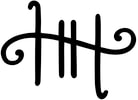
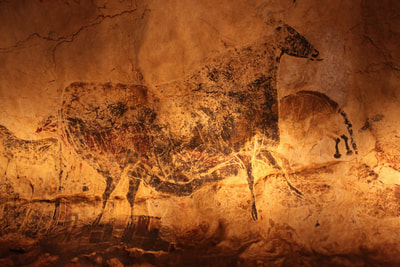
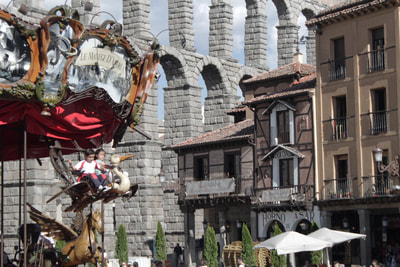

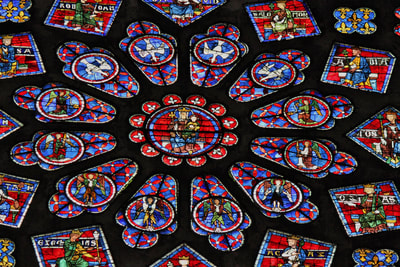
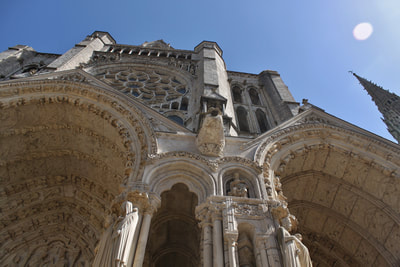

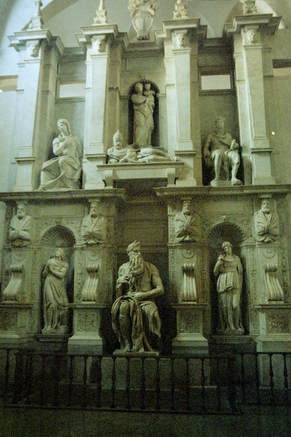
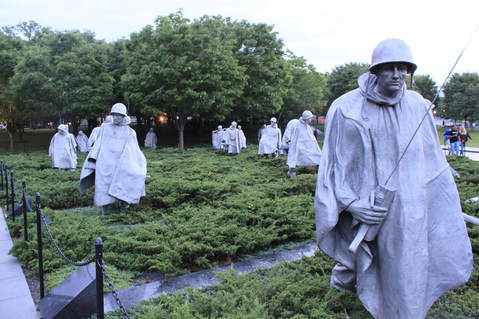
 RSS Feed
RSS Feed